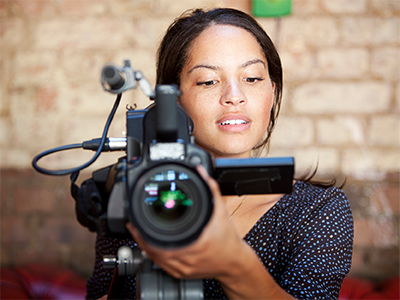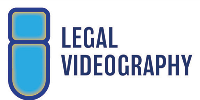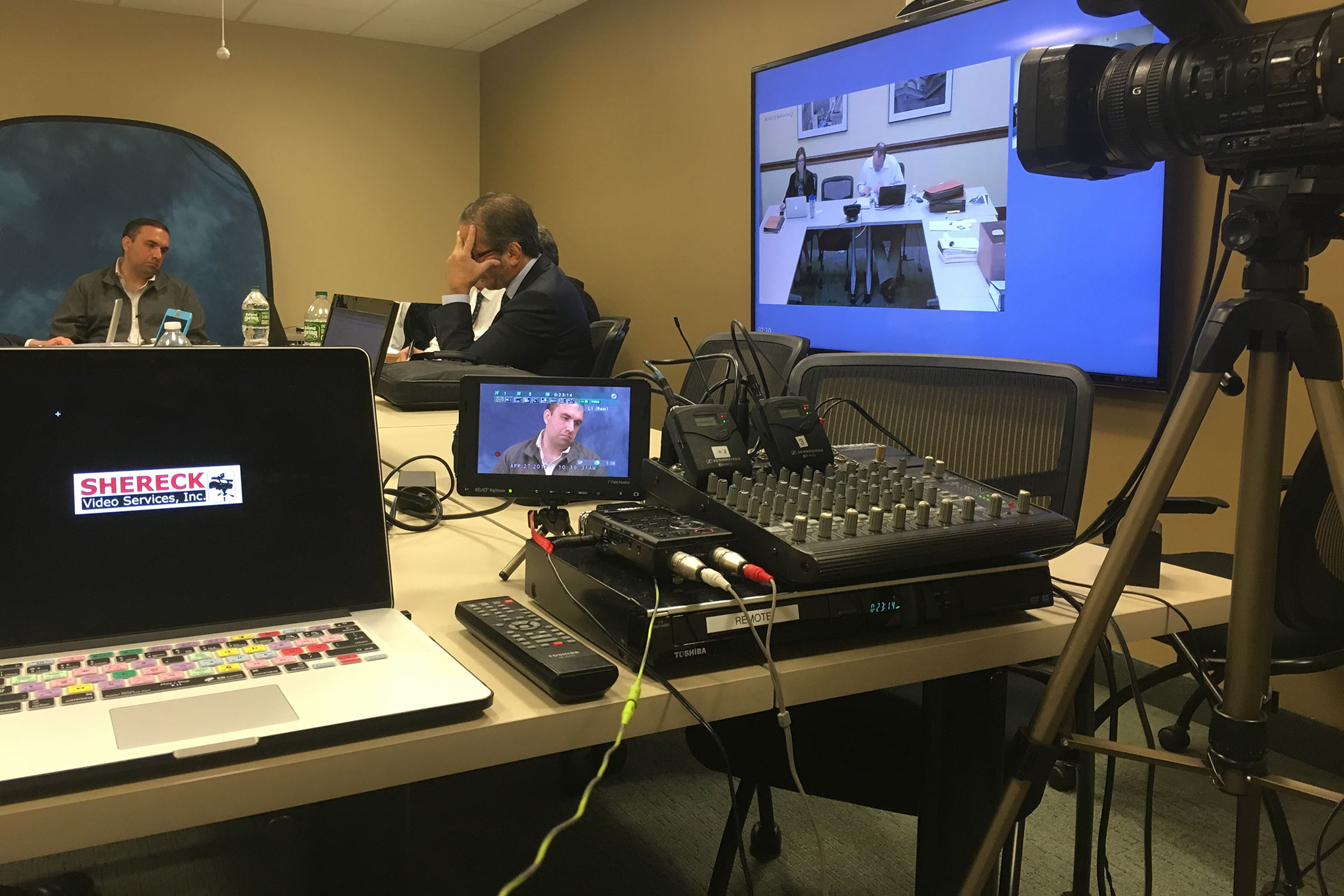Specialized Legal Videography for Law Firms.
Specialized Legal Videography for Law Firms.
Blog Article
The Role of Lawful Videography in Depositions and Trials
Legal videography has actually arised as an essential tool in both depositions and trials, offering a multifaceted method to recording witness testimonies. By capturing not only the spoken word yet also the subtleties of non-verbal interaction, this tool improves the reliability of testimonies and protects crucial evidence for future procedures. As lawful specialists increasingly recognize its worth, it triggers a deeper exam of how these visual records can affect juror assumptions and trial results. What effects might these advancements hold for the future of legal practice?
Significance of Legal Videography
Lawful videography plays a pivotal role in the documents and presentation of depositions and trials. This specific field combines technological skills with legal understanding to create a trusted document of procedures that can dramatically influence case end results. The aesthetic aspect of lawful videography improves the understanding of witness statement, enabling jurors and judges to observe not only the talked words yet also the disposition, emotions, and body language of the witnesses.

The relevance of legal videography extends beyond the court room; it also plays an essential function in preserving evidence for future recommendation, whether for charms or more legal activity. As such, its integration right into the legal process is crucial for ensuring a reasonable and exact representation of the truths, ultimately adding to the search of justice.

Process of Legal Videography
While recording the subtleties of depositions and trials, the process of lawful videography entails several important steps that make sure premium, exact recordings. Initially, a professional lawful videographer prepares by reviewing the instance materials and comprehending the certain requirements of the deposition or test. This preparation consists of familiarizing themselves with the participants and the context, which aids in capturing essential details.
On the day of the recording, the videographer sets up the essential tools, which typically consists of high-def cameras, microphones, and correct lighting. Making certain optimal angles and sound quality is essential, as it directly influences the effectiveness of the recording. The videographer communicates with attorneys and participants to develop protocols, guaranteeing that every person understands the recording process.
Throughout the deposition or trial, the videographer carefully videotapes the process, paying close focus to both spoken and non-verbal hints. legal videography. This consists of recording the disposition and reactions of witnesses and lawyers. After the session concludes, the videographer might modify the video footage for quality and conformity with lawful standards, creating a last item that properly reflects the proceedings for future reference and usage in lawful contexts
Advantages in Depositions
The consolidation of videography in depositions uses many benefits that enhance the overall process of collecting evidence. One key benefit is the capability to record witness statements with aesthetic and auditory fidelity, supplying a more accurate representation of the witness's disposition, tone, and body language. This multidimensional approach allows lawyers and juries to evaluate reliability much more successfully than website here traditional written records alone.
In addition, videographed depositions offer as a powerful device for maintaining testament. Ought to a witness come to be not available for trial, their recorded deposition can be played in court, making sure that their proof continues to be available and appropriate. This aspect substantially minimizes the risk of losing vital information that can impact instance end results.
In addition, making use of lawful videography advertises much better preparation for attorneys. Examining video clip footage allows legal teams to analyze and improve their techniques, recognizing strengths and weaknesses in their instances. This primary benefit can cause even more compelling discussions in court.
Finally, videography enhances the overall expertise of the deposition process, instilling self-confidence in customers concerning the thoroughness of their lawful representation. By leveraging technology, lawful experts can substantially improve the performance of depositions.
Influence On Tests
In lots of tests, the integration of videography can considerably influence the presentation of evidence and the jury's assumption. Legal videography catches witness testaments and vital evidence in a vibrant format, enabling jurors to engage with the product on several degrees. This aesthetic component enhances the narration aspect of a test, giving context and psychological vibration that conventional text-based proof may do not have.
In addition, video clip recordings can serve as effective devices for impeachment throughout interrogation. When inconsistencies occur in between a witness's previous declarations and their courtroom statement, video proof provides an objective recommendation that can sway jurors' viewpoints. This immediacy and quality can reinforce the reliability of an event's story while concurrently weakening opposing debates.
Furthermore, the use of videography can aid enhance complex info, making it more available to jurors who might battle to understand intricate information provided solely via spoken testament. By combining visuals with auditory details, legal videography can enhance retention and understanding, eventually affecting the court's decision-making procedure. Consequently, the influence of videography in trials prolongs past mere aesthetics; it plays a crucial role in shaping the legal landscape and results.
Future Trends in Legal Videography
As we look toward the future of legal videography, numerous arising fads promise to reshape its function within the courtroom. One significant pattern link is the integration of expert system (AI) in video clip evaluation and editing - legal videography. AI can enhance the process of identifying crucial minutes in recorded depositions, permitting lawyers to rapidly access pertinent web content, therefore improving efficiency in instance preparation
Additionally, the surge of digital reality (VR) and enhanced fact (AR) technologies is expected to change exactly how jurors experience evidence. By immersing jurors in a substitute setting, these technologies can supply an extra profound understanding of complicated circumstances, bring about more informed deliberations.

In addition, the increasing need for remote depositions, increased by the COVID-19 pandemic, will likely continue. Lawful videographers will certainly require to adapt to new software application and platforms to make sure high-grade recordings in online settings.
Last but not least, the expanding emphasis on data protection will require more stringent procedures for click for source storing and sharing video clip evidence. As the lawful landscape evolves, legal videographers have to remain abreast of these fads to preserve their significance and efficiency in the judicial process.

Verdict
In summary, legal videography offers a crucial function in the judicial process, enhancing the honesty of depositions and trials. As innovation continues to evolve, legal videography is positioned to further transform its role within the legal landscape.
Report this page